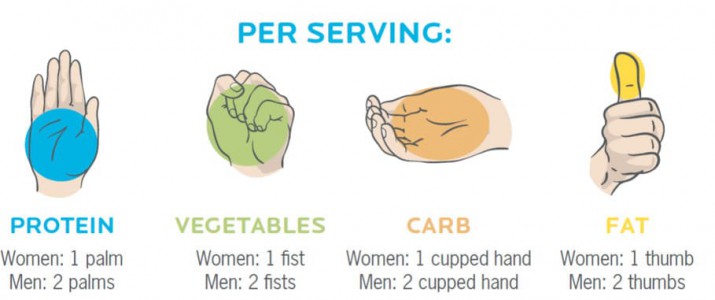How important pre-workout nutrition is and what this should contain.
One of the biggest challenges a trainer can have is your client/athlete showing up to a session in a prepared state and I’m speaking from a nutrition prospective (even though I’ve had clients showing up hung over and reeking of alcohol from the night before).
I will ask “have you had something to eat in the last couple hours?”. This can usually result in a glazed and confused look especially early in the morning.

Some will understand the benefit and importance of fuelling before a workout while others are too lazy, tired, busy or just do not see pre-workout nutrition as a priority, which it should be no matter who you are and what your training goals may be.
Choosing what and when to eat before exercise can be the difference between having a good session, recording personal bests or one that leaves you unable to finish. I’ve highlighted the benefits on why you should fuel up pre-workout below. A 2008 International Society of Sports Nutrition study showed fueling your body with the right nutrients prior to exercise will give you the energy and strength you need to perform better.
Consuming a small to moderate meal up to 2 hours before exercise will:
- Boost energy and performance
- Reduce muscle breakdown
- Improve recovery
- Offer hydration
What should pre-workout nutrition contain
It is also important to note that this meal should include protein, carbohydrates and fat. All macronutrients play an important role in priming the body for physical activity. The best way to add them to your system is through whole foods, that way avoiding processing chemicals and artificial ingredients.
Eating protein:
- Will help maintain muscle size
- Adds amino acids to the blood stream
- Reduce muscle breakdown
Eating carbohydrates:
- Adds energy to power your workout and recovery
- Encourages insulin release which in turn increases protein synthesis
- Stops the body leaching energy from muscle breakdown
Eating fat:
- Slows digestion to maintain blood glucose (energy)
- Allows the absorption of vitamins and minerals
- Will not hinder your workout
Hopefully the above outlines the importance of pre-workout nutrition, now lets understand how much. Portion size for many people can be a blurry area. Your actual needs will differ depending on your gender, size, goals, genetics, and the duration and intensity of your activity. However the image below will serve as a good guide to ensure you get the most out of your training session.

To sum it up, simple pre-workout nutrition practices can go a long way in helping you get a better workout and recover faster. It’s important to fuel your body with the right nutrients before a workout.
Carbs help maximize your body’s ability to use glycogen to fuel short- and high-intensity exercises, while a little fat will not hinder your workout. Eating protein helps improve muscle protein synthesis, prevent muscle damage and promote recovery.
Good hydration is also linked to enhanced performance.



